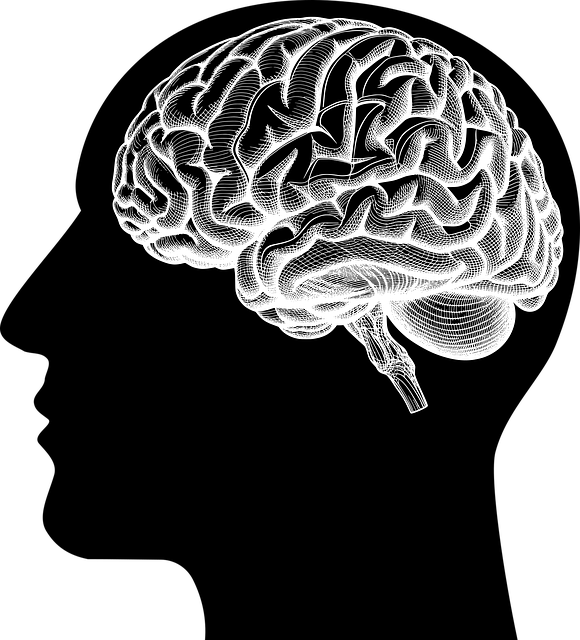Codependency among young adults, fueled by childhood coping mechanisms, manifests as fear of abandonment, boundary issues, and low self-worth. Effective therapy involves immediate crisis intervention using mindfulness and empathy-building techniques to foster positive thinking. Long-term recovery focuses on structured support, cognitive-behavioral therapy (CBT), group therapy, and self-care practices integrated into daily life to prevent relapse. Tailored interventions empower young adults to navigate relationships independently and improve mental health outcomes.
“In today’s fast-paced world, young adults often face unique challenges that can lead to codependency—a complex condition with profound impacts on their well-being. This article offers a comprehensive guide to crisis intervention strategies tailored for this demographic. We explore the signs and effects of codependency in young people, providing essential tools for immediate support. Furthermore, we delve into therapeutic approaches to address underlying issues and offer long-term recovery strategies to prevent relapse, emphasizing the importance of therapy for young adults struggling with codependency.”
- Understanding Codependency in Young Adults: Signs and Impact
- Crisis Intervention Techniques for Immediate Support
- Therapeutic Approaches to Address Underlying Issues
- Strategies for Long-Term Recovery and Preventing Relapse
Understanding Codependency in Young Adults: Signs and Impact

Codependency among young adults is a growing concern in mental health discussions, often overlooked yet deeply impacting their overall well-being. This complex emotional pattern arises from an individual’s excessive dependence on others for validation and self-esteem, typically developed as a coping mechanism during childhood or adolescence. In therapy for young adults codependency, professionals target these underlying issues to foster independence and healthier relationships.
Signs of codependency include extreme fear of abandonment, difficulty setting boundaries, and an overwhelming need for approval. Young adults exhibiting these traits may struggle with low self-worth, a lack of personal goals, and intense emotional reactions when facing rejection or criticism. Such behaviors can significantly impact their academic, professional, and social lives, reflecting the broader implications on their mental health. Effective risk management planning for mental health professionals involves recognizing codependency early, encouraging self-care routine development, and integrating community outreach program implementations to support these individuals in building resilience and fostering independent decision-making skills.
Crisis Intervention Techniques for Immediate Support

In moments of crisis, young adults struggling with codependency may benefit from specific therapy techniques designed for immediate support. One such approach is mindfulness-based intervention, which encourages individuals to focus on the present moment and regulate their emotions through non-judgmental awareness. This strategy can help break the cycle of unhealthy coping mechanisms often associated with codependency. By fostering a sense of calm and self-awareness, young adults can learn to manage stress and anxiety more effectively, laying the groundwork for long-term recovery.
Additionally, building empathy within the therapeutic space is vital. Therapists trained in mental health policy analysis and advocacy can employ empathy-building strategies to create a safe, supportive environment. This involves actively listening to the individual’s experiences, validating their emotions, and reflecting back their feelings without judgment. Such approaches promote positive thinking and self-acceptance, empowering young adults to take ownership of their recovery journey.
Therapeutic Approaches to Address Underlying Issues

In crisis intervention, addressing underlying issues is paramount to fostering lasting change. Therapeutic approaches tailored for young adults grappling with codependency offer a promising path forward. Mental wellness coaching programs and development initiatives play a crucial role in this process by providing structured support and guidance. These strategies aim to empower individuals to cultivate self-awareness, set healthy boundaries, and enhance their ability to navigate interpersonal relationships independently.
By targeting the root causes of codependency, such as past traumas or unmet emotional needs, therapy for young adults can lead to significant improvements in mental wellness. Crisis intervention guidance often incorporates evidence-based practices like cognitive-behavioral therapy (CBT) and mindfulness techniques to help clients challenge negative thought patterns and develop adaptive coping mechanisms. Moreover, Mental illness stigma reduction efforts within these therapeutic contexts create a safe space for vulnerable individuals to express themselves without fear of judgment, promoting open communication and accelerated healing.
Strategies for Long-Term Recovery and Preventing Relapse

After an initial crisis intervention, focusing on long-term recovery and preventing relapse is essential. For young adults dealing with codependency, a comprehensive approach is ideal. This often involves therapy tailored to their unique needs, addressing underlying issues that contributed to the crisis. Techniques such as cognitive-behavioral therapy (CBT) can help individuals identify and change unhealthy patterns, fostering better coping mechanisms. Group therapy sessions also play a vital role in building a support network, enhancing social connections, and promoting mental wellness.
Empathy-building strategies are crucial in this process. Therapists can encourage clients to express their feelings openly while teaching them to recognize and validate emotions in themselves and others. This emotional awareness is a cornerstone of recovery, enabling individuals to navigate challenges more effectively. Moreover, integrating these strategies into daily life through self-care practices and ongoing therapy sessions ensures sustained mental health policy analysis and advocacy, ultimately empowering young adults to maintain their recovery journey.
In addressing codependency among young adults, a multi-faceted approach combining crisis intervention techniques, therapeutic exploration of underlying issues, and long-term recovery strategies is essential. By understanding the signs and impact of codependency, professionals can provide immediate support through effective crisis intervention methods. Therapeutic approaches tailored to young adults can help them navigate complex emotions and behaviors, fostering healthy independence. Moreover, equipping individuals with tools for relapse prevention enables sustained recovery. Seeking therapy for young adults dealing with codependency is a crucial step towards rebuilding their lives and cultivating resilience in the face of challenges.









